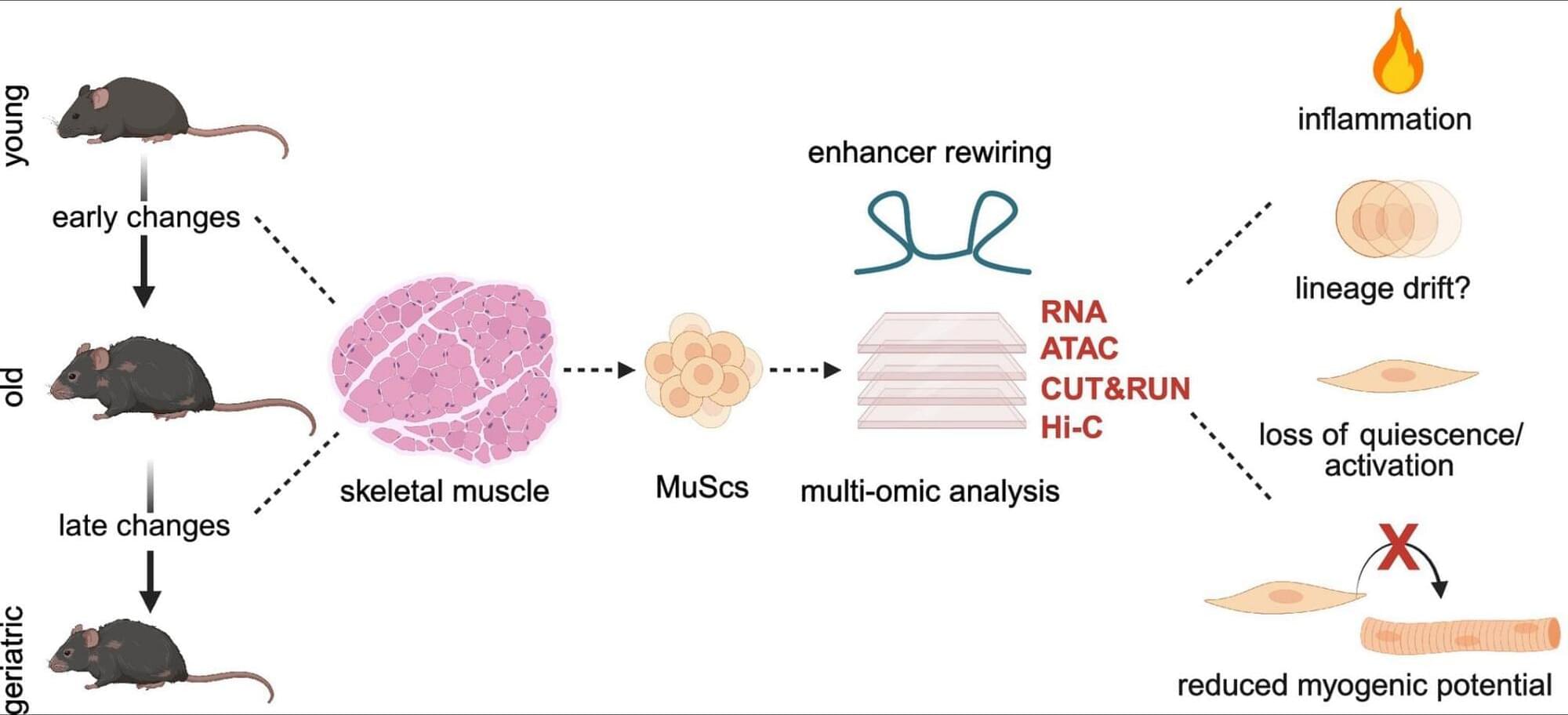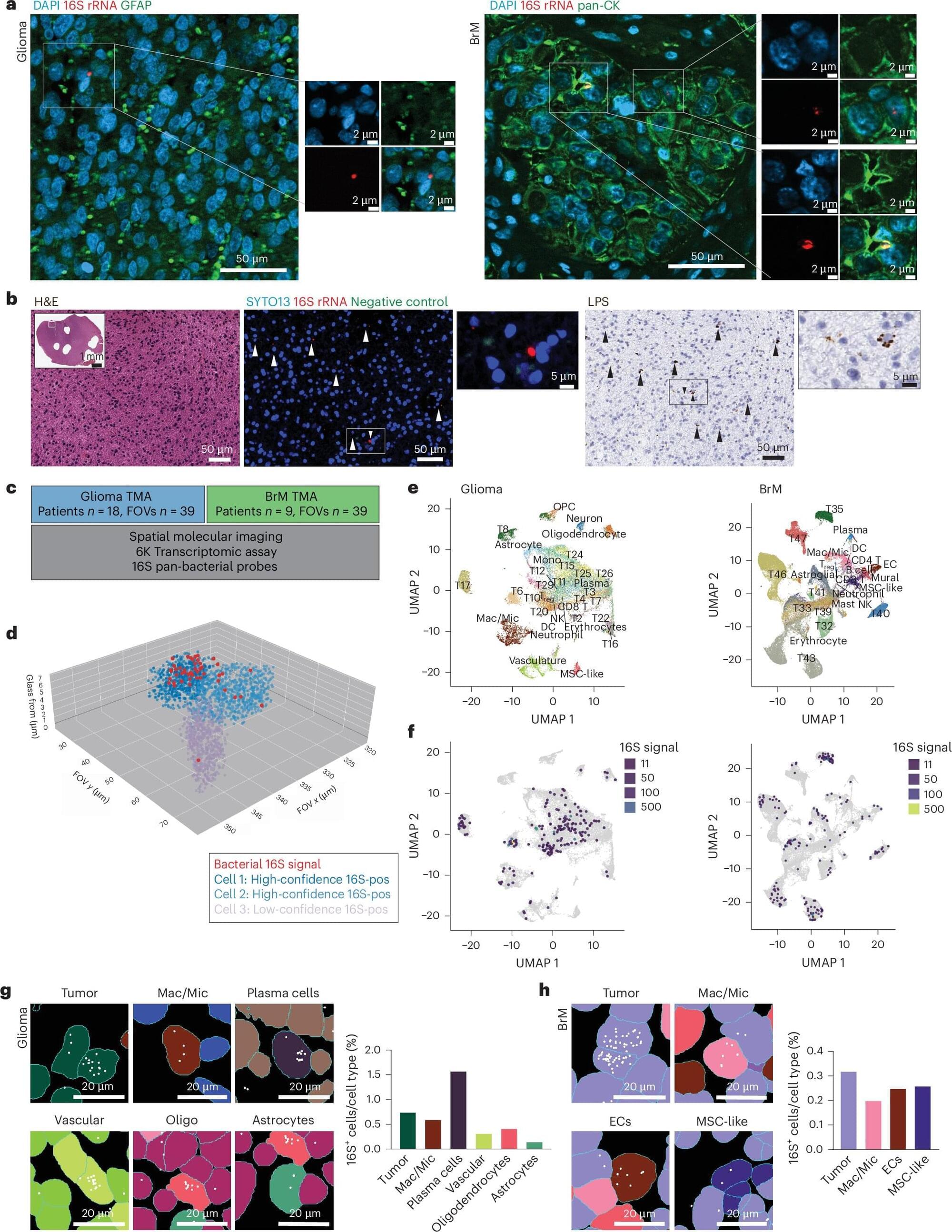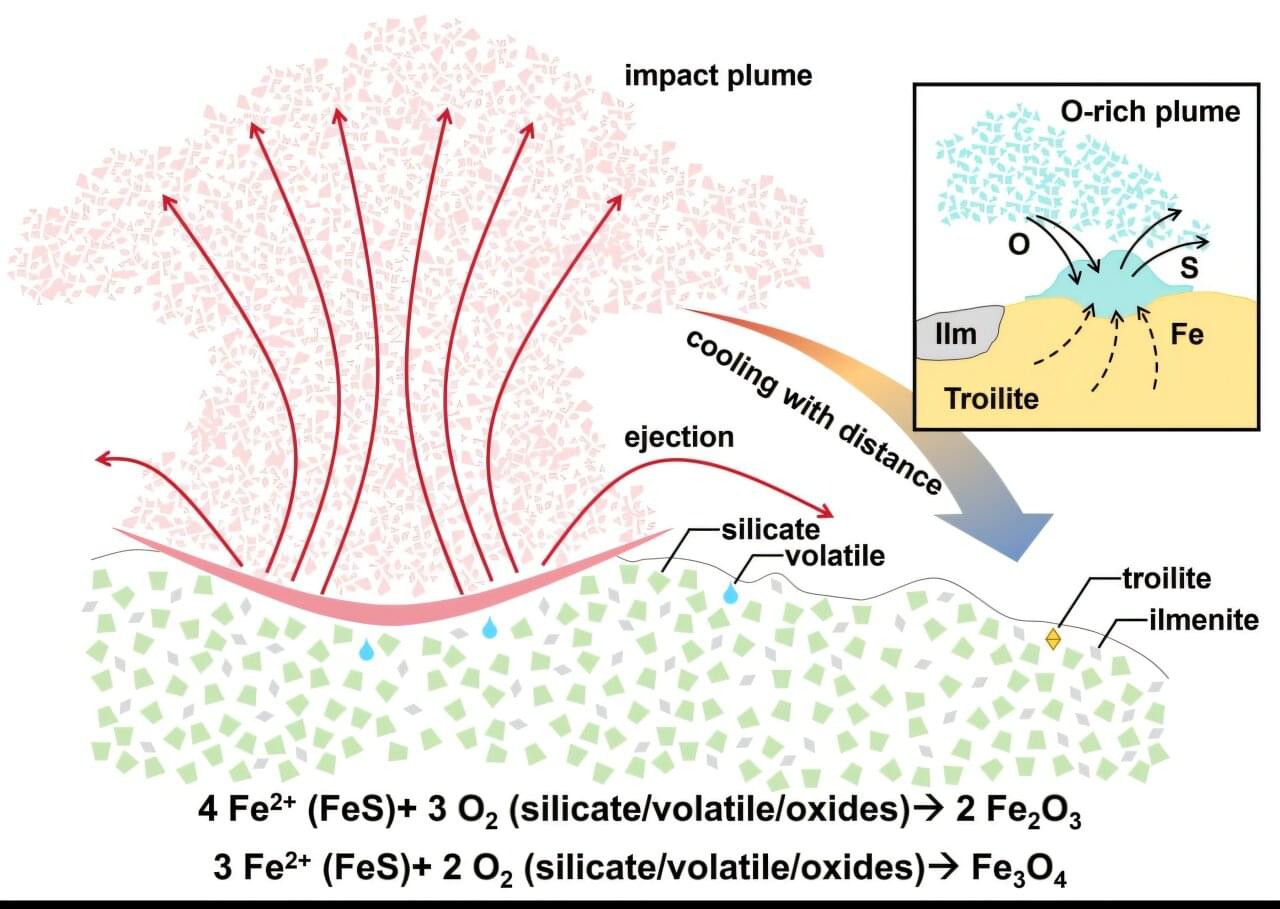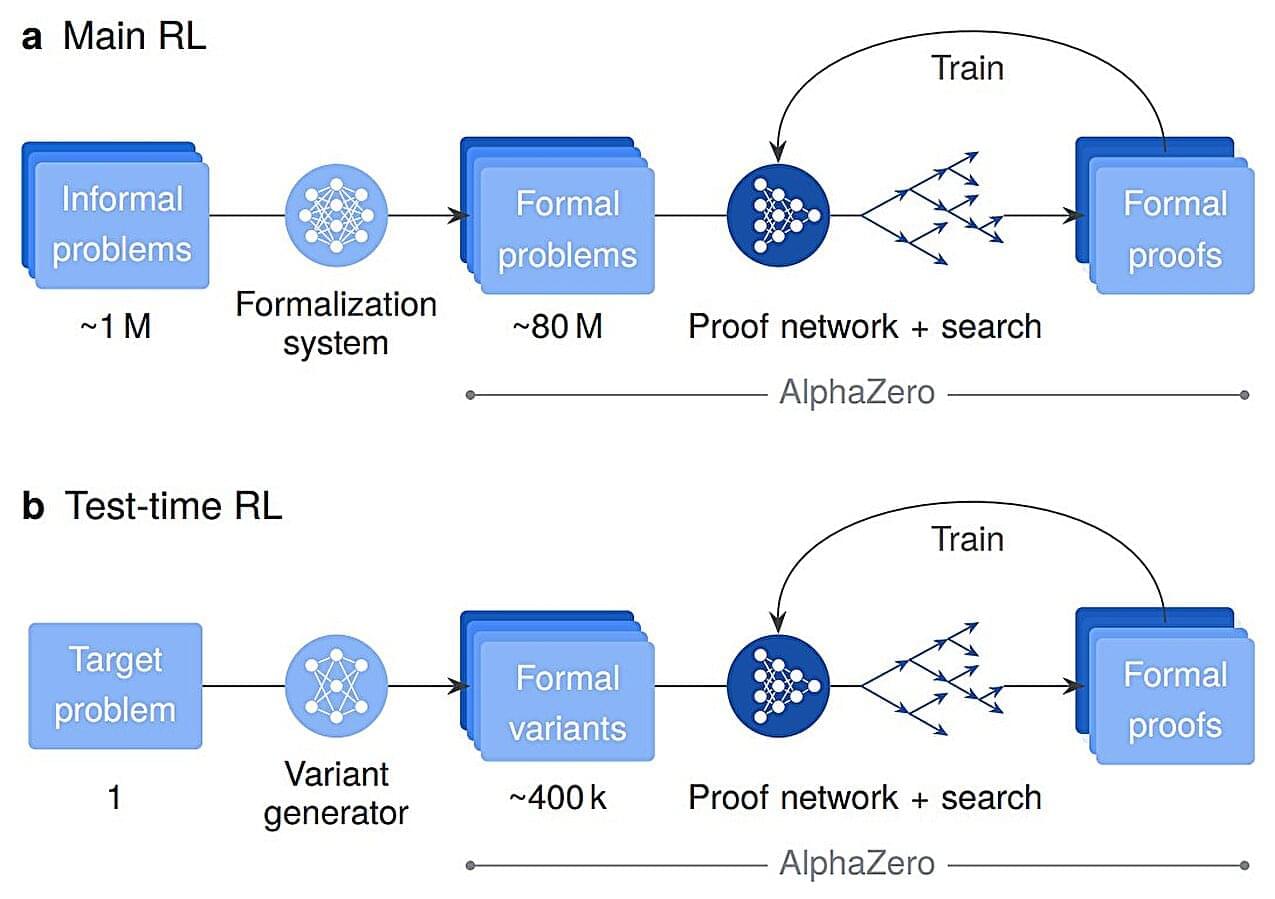They also used a recently validated map of deep brain areas. This in vivo atlas, Brainstem Navigator, maps the regions involved in regulating the autonomic, immune and endocrine systems.
The authors analytic approach was guided by decades of basic research that has identified two main brain pathways in mammals: one set of pathways (allostatic) that sends signals from the brain to control the body’s organs, and the other set (interoceptive) that sends signals from the body to the brain, informing it about what’s happening inside us.
The findings replicated and expanded on their previous 3 Tesla work, confirming nearly all the direct connections identified in non-human mammals: 100% of those between cortical areas and 96% of those linking subcortical areas to both cortical and other subcortical areas. As expected, the authors found two-way connections between the brain areas that help manage the body’s needs (like the anterior cingulate cortex) and the areas that sense what’s happening inside the body (like the posterior insula). This means these regions communicate back and forth, helping the brain predict and regulate what the body needs.
Mounting evidence suggests that one of the brain’s central roles is to anticipate and meet the body’s energy needs. The findings place the monitoring and regulation of the body’s needs at the functional core of the human brain, showing the close connection between mental and physical health.
Previous studies in both animal models and humans have pointed to the existence of a distributed system in the brain that helps it anticipate and prepare for the body’s energy needs — a process called allostasis — as well as monitor the sensory conditions inside the body, known as interoception.
In an earlier study using 3 Tesla fMRI, the team mapped a network supporting allostasis and interoception in the human brain, but the comparatively limited spatial resolution and sensitivity of the 3 Tesla technology made it difficult to fully capture the system’s smaller structures in the brainstem, which are known to play a key role in these processes.









